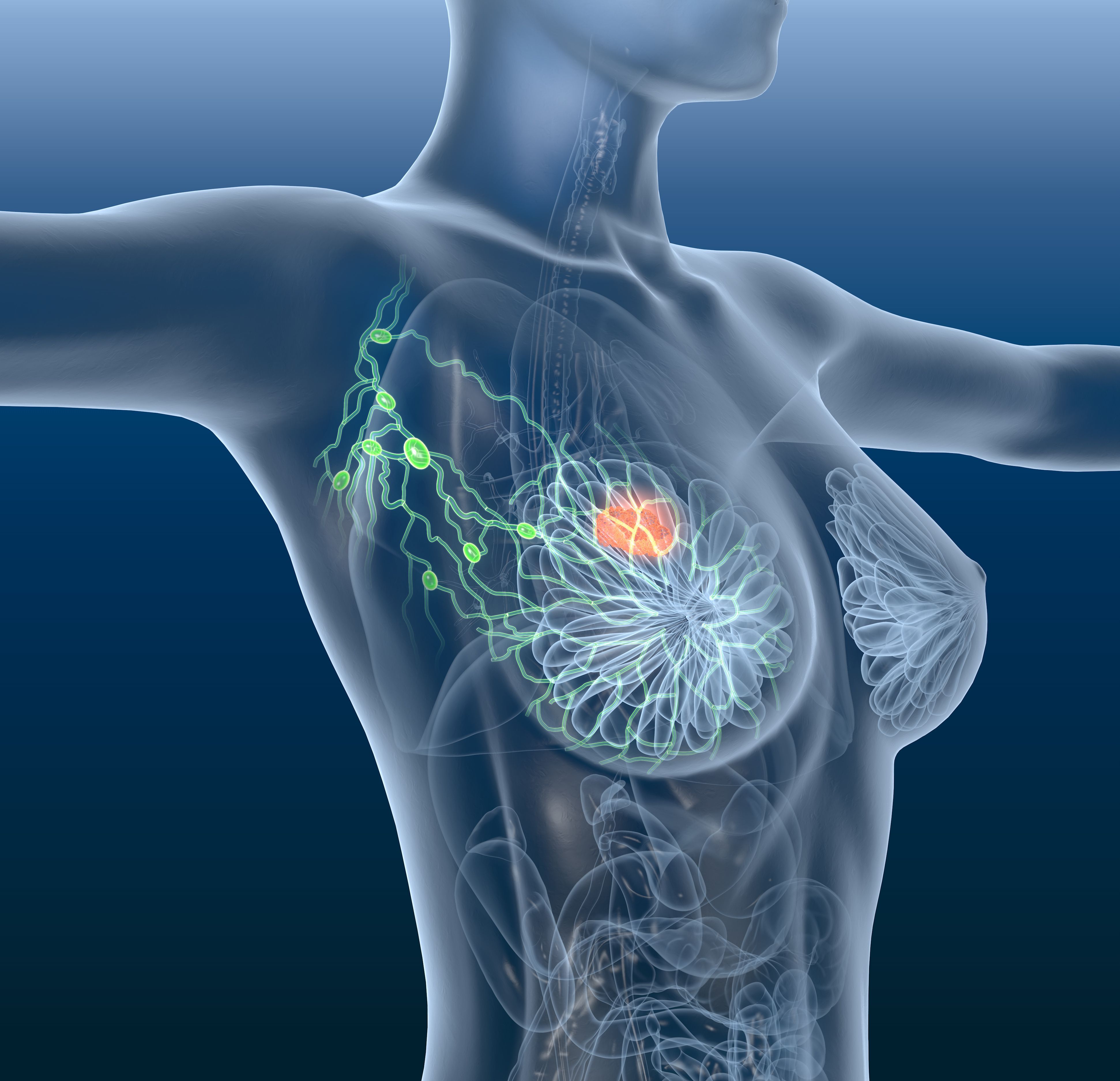Novel Liquid Biopsy Performed Favorably Over Needle-Based Biopsies in HER2+ Breast Cancer
In patients with HER2-positive breast cancer, an investigational liquid biopsy was more favorable compared with needle biopsies, a study shows.

Patients with HER2–positive breast cancer showed favorable success rates when using personalized HER2-directed therapy., accordinf to study resultsT from BioFluidica.
The study compared invasive needle biopsies with their own non-invasive and highly sensitive LiquidScan™, a next-generation liquid biopsy platform, to detect HER2–positive genetic profiles in patients with breast cancer.
In the study, results revealed that current biopsies are missing over a quarter of patients who may be eligible for HER2-directed therapy. Sixteen patients were evaluated, and a larger study is being prepared to allow more patients and to better quality patient profiling using non-invasive blood analyses.
The results imply that the use of non-invasive liquid biopsy methods can rapidly and accurately identify if patient samples have HER2 status. Investigators found that LiquidScan™ points out the importance of the ability to perform a liquid biopsy on circulating tumor cells separate from a blood sample rather than traditional methods using cancer cells acquired by breast needle biopsies.
Liquid biopsies have increased over time as a non-invasive approach to diagnosis in their number of tests and acceptance. Most tests are based on the analysis of cell-free DNA (cfDNA) found in the blood. Many diseases are not amendable to a cfDNA test because of the size of the DNA marker, the relative concentration of the marker in the blood, or a need to explore more within the biology of the disease in question. BioFluidica’s LiquidScan™ has the ability to accurately analyze the desired cells. This study was performed by BioFluidica, Neogenomics Laboratories, and Kay MD, PhD, from the University of California San Diego Moores Cancer Center and the University of California San Diego Biorepository & Tissue Technology Shared Resource. These results will be presented at the Precision Medicine World Conference 2022, held in Santa Clara, CA, in late June.
"Our hope with LiquidScan is to be able to facilitate and revolutionize disease research and management. Thanks to its flexibility, LiquidScan™ can be readily adapted for several applications. The platform is ideal for those applications where the ability to conduct frequent tests and deliver results quickly where point-of-care testing is critical. I am especially excited that we might be able to find more patients that could be eligible for improved therapy using the high sensitivity LiquidScan™ Next-Generation Liquid Biopsy platform,” said Rolf Muller, chief executive officer of BioFludiica, in a press release.
REFERENCE:
BioFluidica next-generation liquid biopsy platform uncovers undiagnosed HER2+ patients. Press release. BioFluidica. June 24, 2022. Accessed June 27, 2022. https://prn.to/3OErCaC
Durability and Intracranial Efficacy Observed With T-DXd in HER2+ MBC
January 13th 2025During a Case-Based Roundtable® event, Ian Krop, MD, and participants discussed how the outcomes of the DESTINY-Breast03 and other trials impact treatment of metastatic HER2-positive breast cancer in the second article of a 2-part series.
Read More